Menopause is a natural phase in a woman's life, typically occurring anywhere from her late 40s into her 50s, with 51 being the average age for menstruation to stop completely. Even before that, perimenopause can occur up to 8 years before that. For women, menopause brings with it a multitude of changes, both internal and external. It's one of the most significant changes a woman and her body will go through in her lifetime. Among these changes are alterations in skin health. So, what skin changes can you expect and when? We'll help you uncover what most women, on average, experienced before, during, and after this transformative phase and practical strategies for maintaining radiant, youthful skin at every stage of life.
Understanding Menopause
Menopause is indeed a transformative phase in a woman's life, representing the culmination of her reproductive journey. This natural transition is orchestrated by a delicate interplay of hormones, with estrogen and progesterone taking center stage. These hormones, once abundant during a woman's fertile years, gradually decline as she approaches menopause, signaling the end of her reproductive capacity.
The hormonal fluctuations that accompany menopause trigger a series of profound physiological changes throughout the body. Among these changes, the impact on skin health is particularly striking. Estrogen, in particular, emerges as a critical player in maintaining skin vitality and resilience. This hormone exerts its protective effects by promoting collagen synthesis, the protein responsible for skin elasticity and firmness. Additionally, estrogen enhances skin hydration by regulating the production of sebum, the skin's natural oil. This dual action helps to maintain optimal moisture levels and prevent dryness, a common complaint among menopausal women.
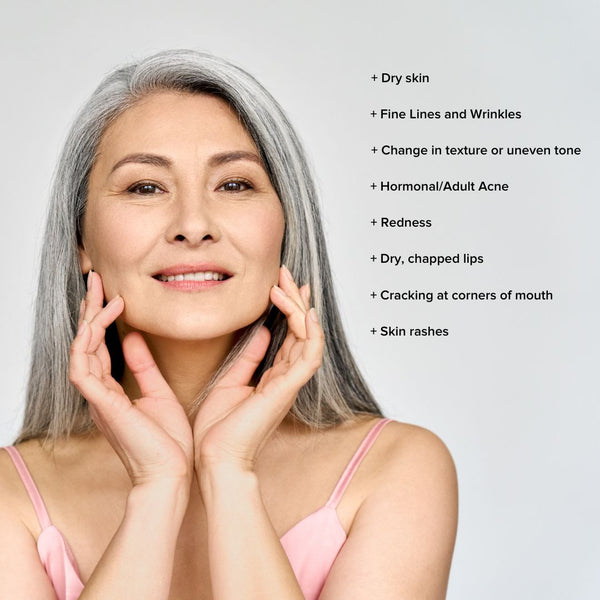
In addition, estrogen plays a crucial role in wound healing, ensuring that the skin remains resilient and capable of repairing itself. However, as estrogen levels decline during menopause, these protective mechanisms become compromised. The skin's barrier function weakens, making it more susceptible to moisture loss and environmental damage. This change can manifest as dryness, fine lines, and a loss of elasticity, hallmark signs of aging skin.
Furthermore, slowing cellular turnover exacerbates these changes, leading to a dull, lackluster complexion. Without an adequate supply of estrogen to stimulate collagen production and support skin renewal, the skin's natural repair processes become less efficient. As a result, menopausal women may grapple with various skin issues, from dryness and wrinkles to sagging and uneven tone.
In essence, the decline in estrogen levels during menopause disrupts the delicate balance of skin health. But let's take a deeper dive into when these changes occur during the cycles of perimenopause, menopause, and post-menopause.
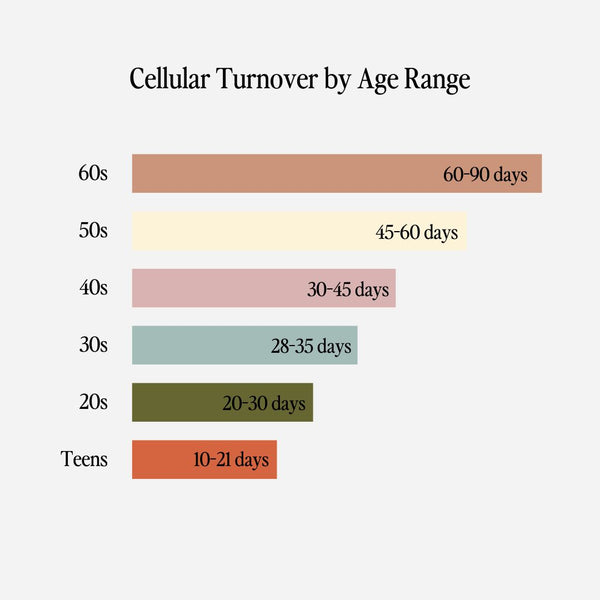
Skin Changes Before Menopause
In the years leading up to menopause, known as perimenopause, women may start to notice subtle changes in their skin. These changes often manifest as:
- Increased Dryness: Declining estrogen levels can decreased oil production, resulting in dry, flaky skin.
- Fine Lines and Wrinkles: Reduced collagen and elastin levels contribute to the formation of fine lines and wrinkles, particularly around the eyes and mouth.
- Sensitivity: Hormonal fluctuations may make the skin more prone to irritation and redness.
- Hormonal Acne: Fluctuating hormone levels can trigger acne breakouts, especially along the jawline and chin.
Skin Changes During Menopause:
As menopause sets in and hormone levels continue to decline, the skin undergoes further transformations:
- Pronounced Dryness: The decline in oil production exacerbates dryness, making the skin feel tight and parched.
- Thinning Skin: Loss of estrogen decreases skin thickness and elasticity, making it more susceptible to damage.
- Sagging and Loss of Firmness: Reduced collagen and elastin levels result in sagging skin and loss of facial contours.
- Hyperpigmentation: Hormonal fluctuations can cause uneven pigmentation and dark spots, particularly on the face and hands.
Skin Changes After Menopause:
Following menopause, the skin continues to evolve, albeit at a slower pace:
- Persistent Dryness: Dry skin may persist post-menopause, necessitating ongoing moisturization.
- Continued Loss of Elasticity: Collagen and elastin continue to decline, contributing to ongoing skin laxity and sagging.
- Accentuated Wrinkles: Fine lines and wrinkles may become more pronounced over time, requiring targeted anti-aging interventions.
- Heightened Sensitivity: Skin sensitivity may persist, necessitating gentle skincare products and practices.
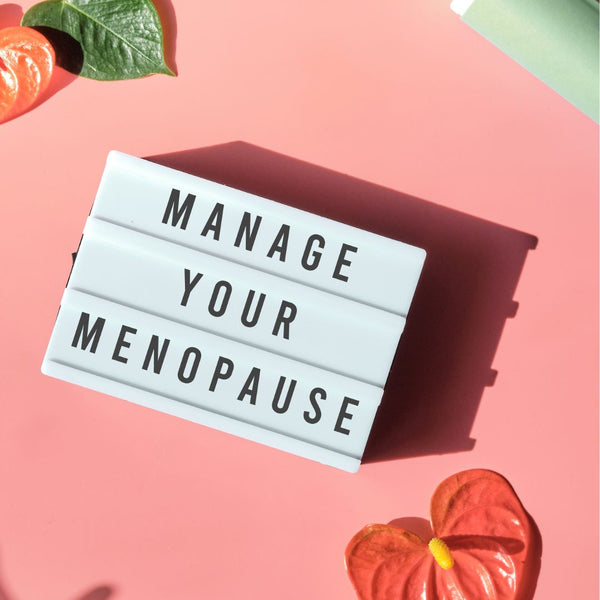
Addressing Skin Changes During Menopause:
While menopause-induced skin changes are inevitable, there are several strategies women can employ to support skin health and minimize the visible signs of aging:
- Hydration: Keeping the skin hydrated is crucial for maintaining suppleness and resilience. Use a moisturizer formulated for dry, mature skin to replenish lost moisture.
- Sun Protection: Protecting the skin from harmful UV rays is essential for preventing premature aging and reducing the risk of skin cancer. Apply a broad-spectrum sunscreen with an SPF of 30 or higher daily, and wear protective clothing and accessories when outdoors.
- Gentle Cleansing: Opt for gentle cleansers that effectively remove dirt, oil, and impurities without stripping the skin of its natural oils. Avoid harsh exfoliants and abrasive scrubs, which can exacerbate dryness and irritation.
- Anti-Aging Ingredients: Incorporate skincare products containing potent anti-aging ingredients such as retinoids, peptides, and antioxidants to stimulate collagen production, improve skin texture, and combat free radical damage.
Supplementation to help Skin Changes During Menopause:
Ingestible supplements can play a crucial role in supporting skin health during menopause. Emerging research has highlighted the efficacy of certain natural ingredients in mitigating menopause-related skin issues. For example, botanical extracts rich in antioxidants, such as green tea and pomegranate, have been shown to protect against oxidative stress and inflammation, thereby supporting skin health during menopause. Likewise, plant-derived compounds like retinoids and peptides have demonstrated promising anti-aging effects, stimulating collagen production and improving skin texture.
Finding the right product or formulations can be overwhelming, so make sure to look for these key ingredients or combinations of ingredients that result in multi-benefit formulations like our Ultimate 3.0 Marine, which is specifically geared towards women in this stage of life and helps with not just skin health but also hair fall, hormonal balance, and gut health. Or our Moisture Surge Ingestible Probiotic Serum for a super boost of hydration, skin barrier repair and gut support.
For the most beneficial options, make sure to incorporate these key ingredients:
Marine Collagen Peptides: Marine collagen peptides are rich in amino acids that support collagen synthesis, helping to maintain skin elasticity and firmness. Collagen supplementation can help offset the natural decline in collagen production during menopause, reducing the appearance of fine lines and wrinkles.
Hyaluronic Acid: Hyaluronic acid is a potent humectant that attracts and retains moisture in the skin, promoting hydration and plumpness. Supplementing with hyaluronic acid can help alleviate dryness and improve skin texture during menopause.
Omega-3 Fatty Acids: Omega-3 fatty acids, found in fatty fish like salmon and mackerel and in supplements like fish oil, have anti-inflammatory properties that support skin health. They help maintain the skin's lipid barrier, reducing moisture loss and inflammation.
Vitamin C: Vitamin C is a powerful antioxidant that helps protect the skin from oxidative stress and damage caused by free radicals. It also plays a crucial role in collagen synthesis, aiding in maintaining skin elasticity and tone.
Vitamin E: Vitamin E is another antioxidant that helps protect the skin from environmental damage and promotes healing. It also supports skin hydration and may help reduce the appearance of age spots and hyperpigmentation.
Probiotics: Probiotics support gut health, which is directly connected to skin health. By maintaining a healthy balance of gut bacteria, probiotics can help reduce inflammation and improve skin conditions like acne and eczema.
Adaptogens: Adaptogenic herbs like ashwagandha, rhodiola, and holy basil help the body adapt to stress and balance hormone levels. By supporting overall wellness and hormone balance, adaptogens can indirectly benefit skin health during menopause.
Evening Primrose Oil: Evening primrose oil contains gamma-linolenic acid (GLA), an omega-6 fatty acid with anti-inflammatory properties. Supplementing with evening primrose oil may help alleviate symptoms of dry skin, eczema, and hormonal acne associated with menopause.
Incorporating these ingestible supplements and ingredients into your daily regimen can help support skin health during menopause, promoting hydration, elasticity, and overall radiance from within. As always, it's essential to consult with a healthcare provider before starting any new supplement regimen, especially if you have underlying health conditions or are taking medications.

Menopause is a transformative journey that profoundly impacts skin health and appearance. By understanding the typical skin changes associated with menopause and implementing targeted skincare interventions and a multifaceted approach to menopausal wellness, women can maintain radiant, youthful skin well into their post-menopausal years. From hydration and sun protection to anti-aging ingredients and supplementation in addition to adopting a diet rich in antioxidants, fiber, and omega-3 fatty acids plus pre and probiotics, there are many strategies available to support skin health during this life stage and confidently embrace the changes that come with menopause.


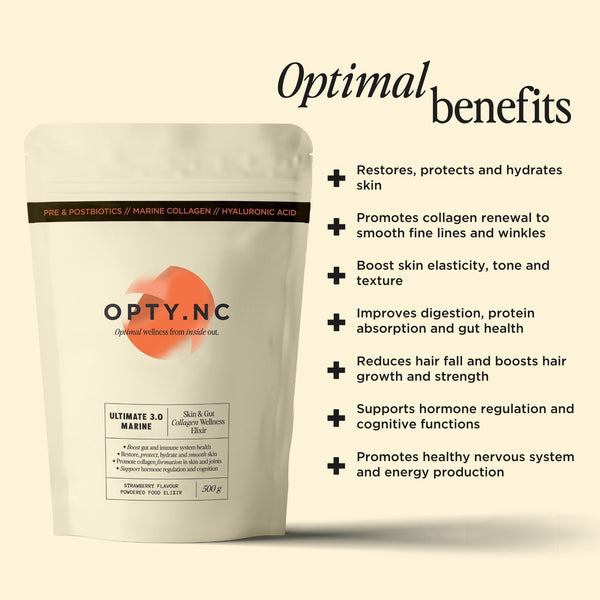



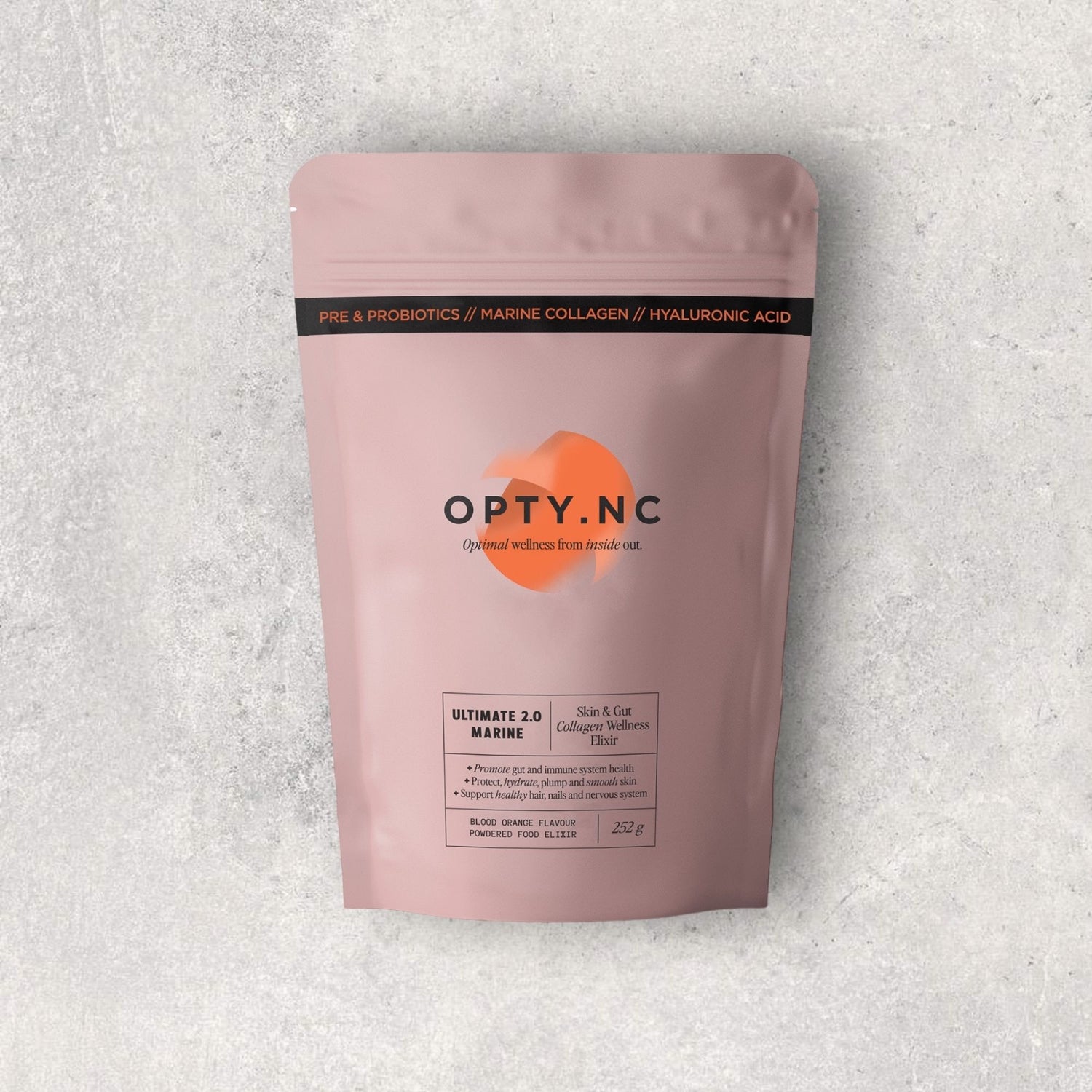
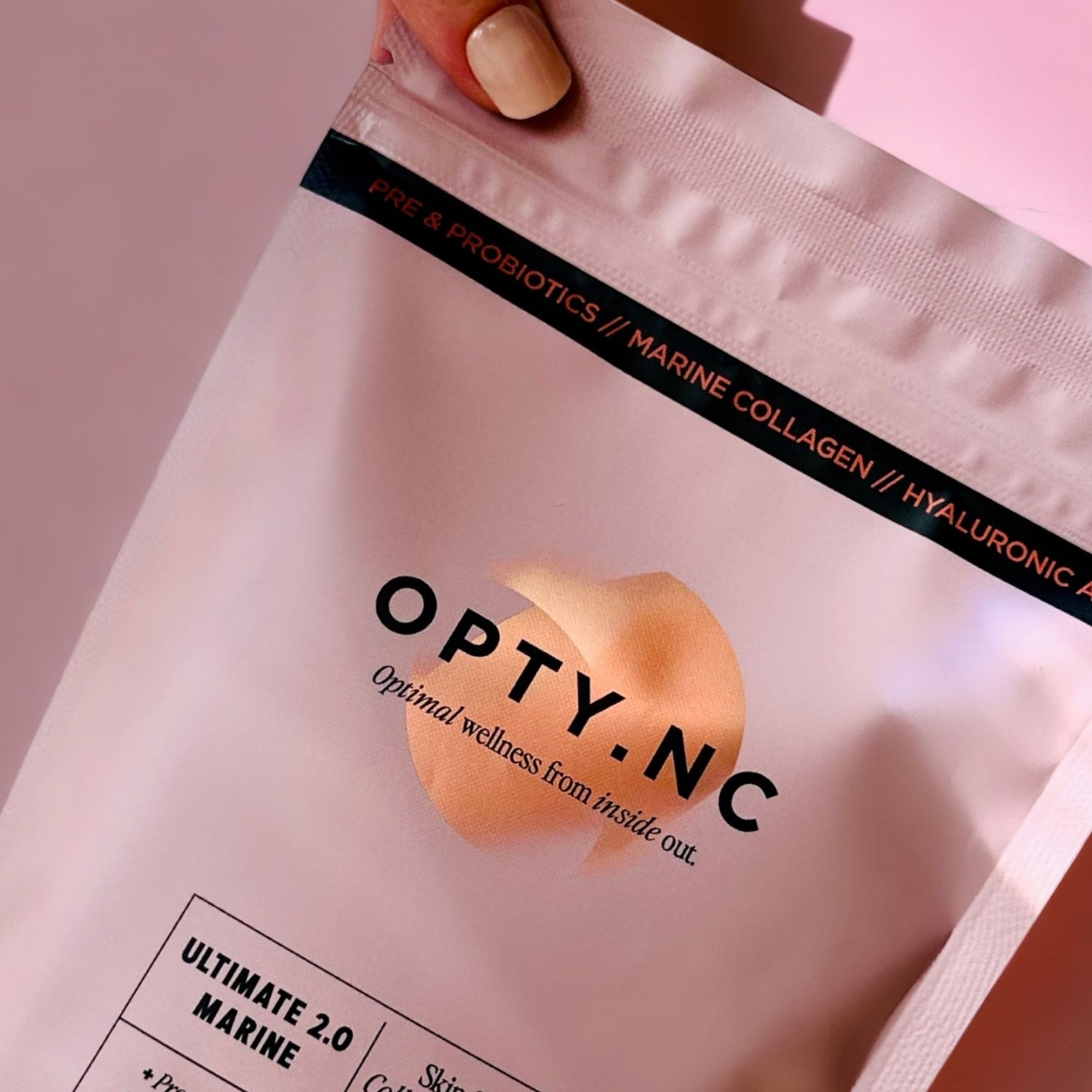

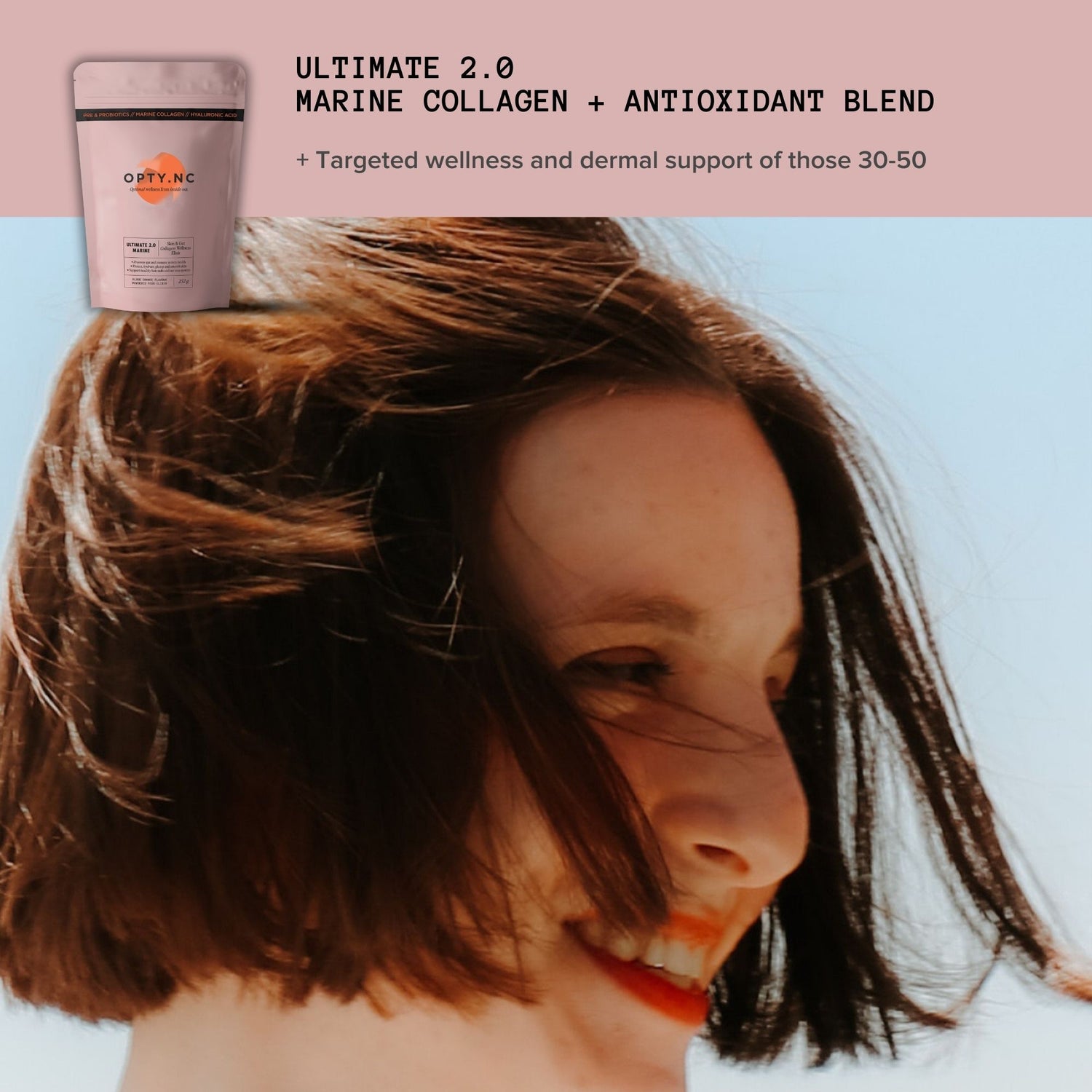
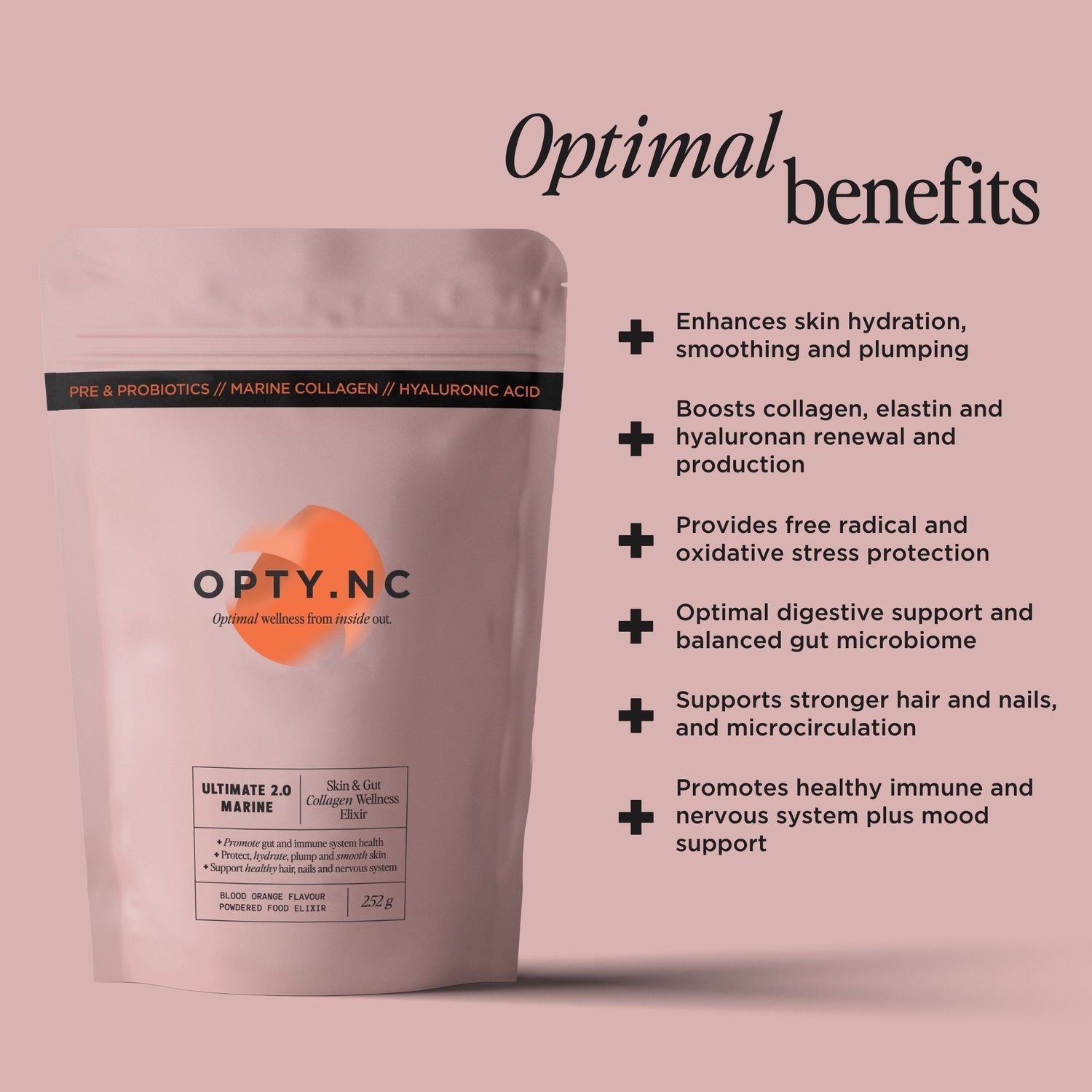
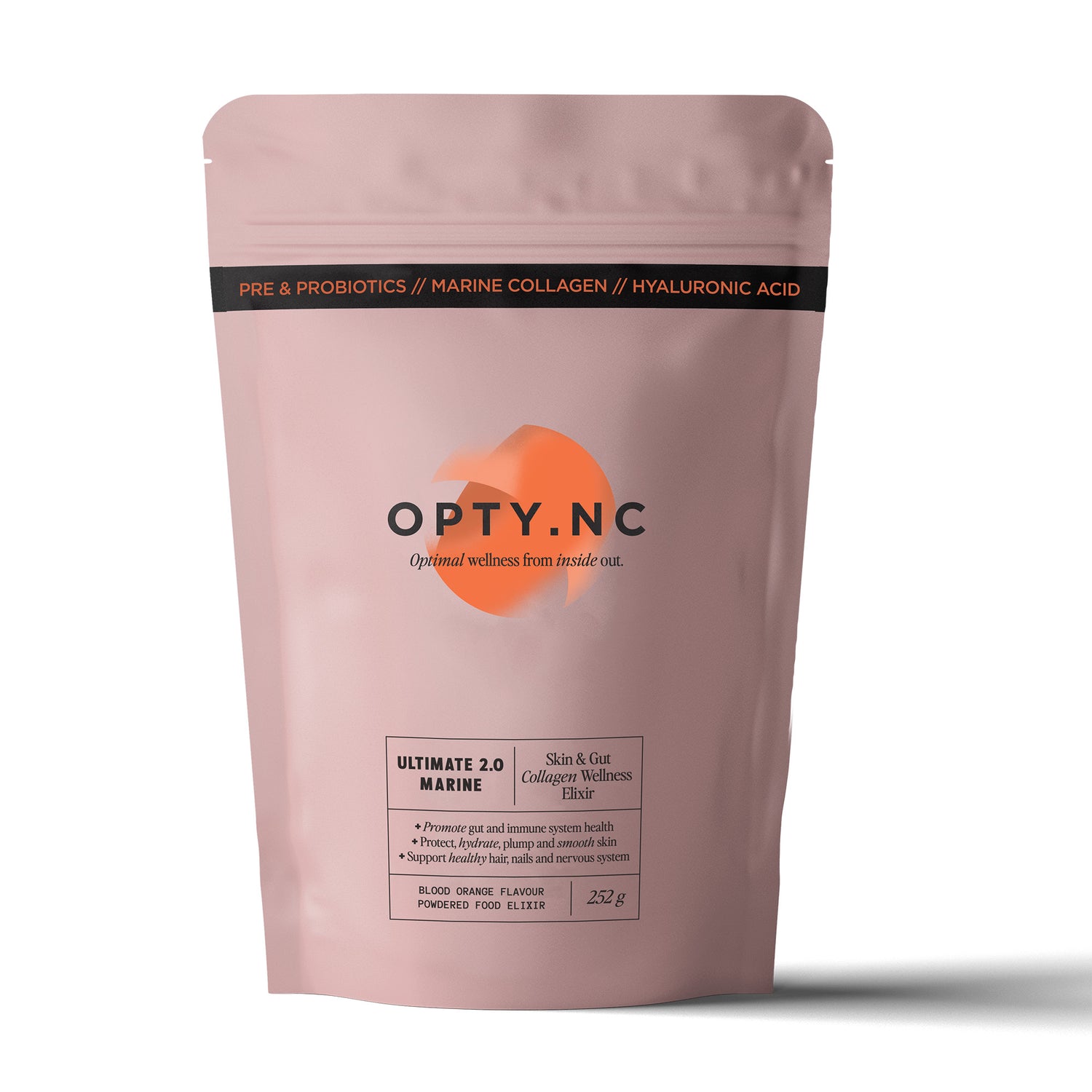
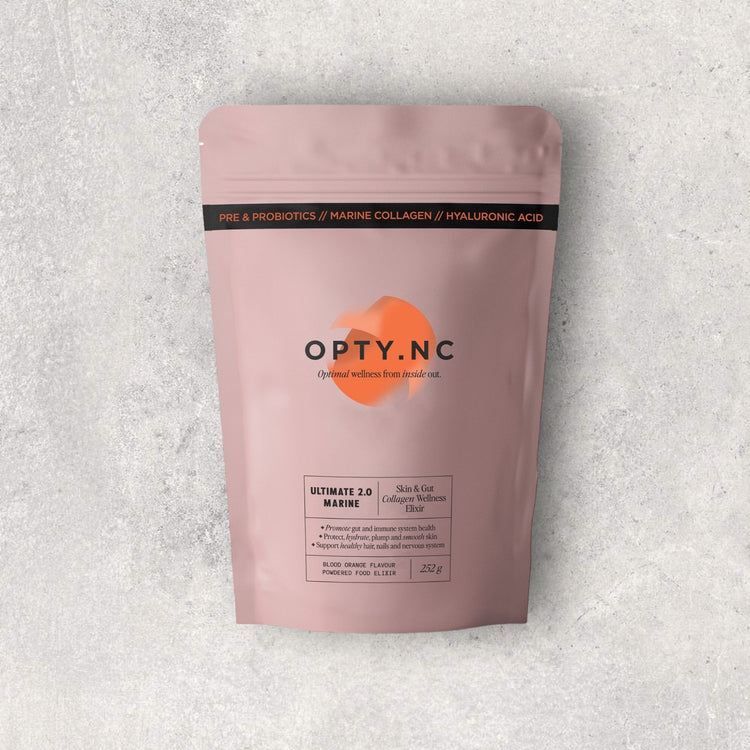
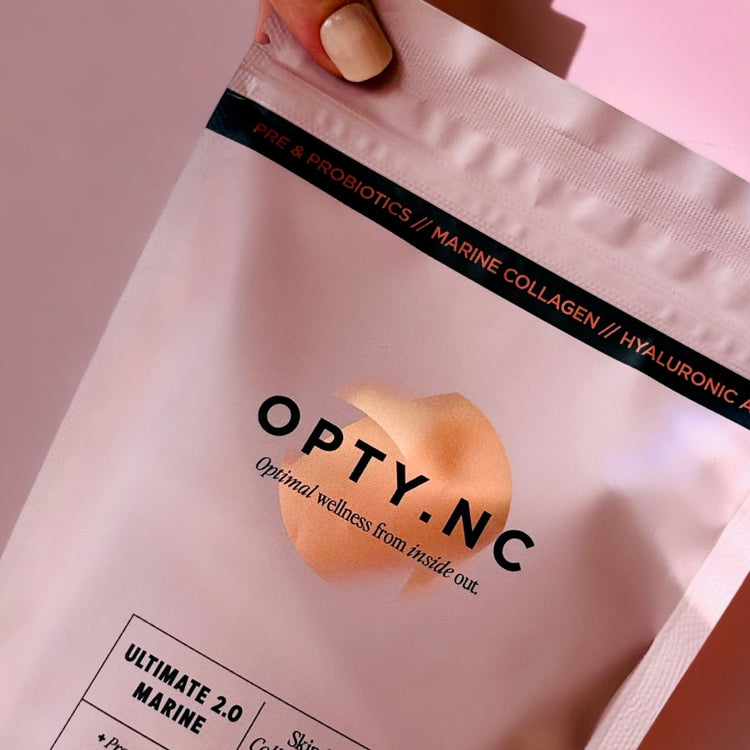

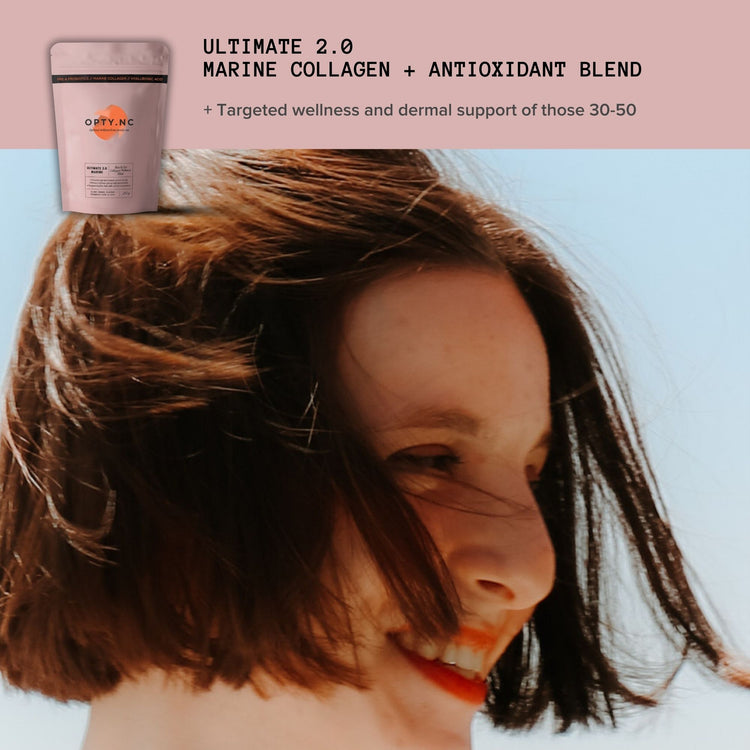
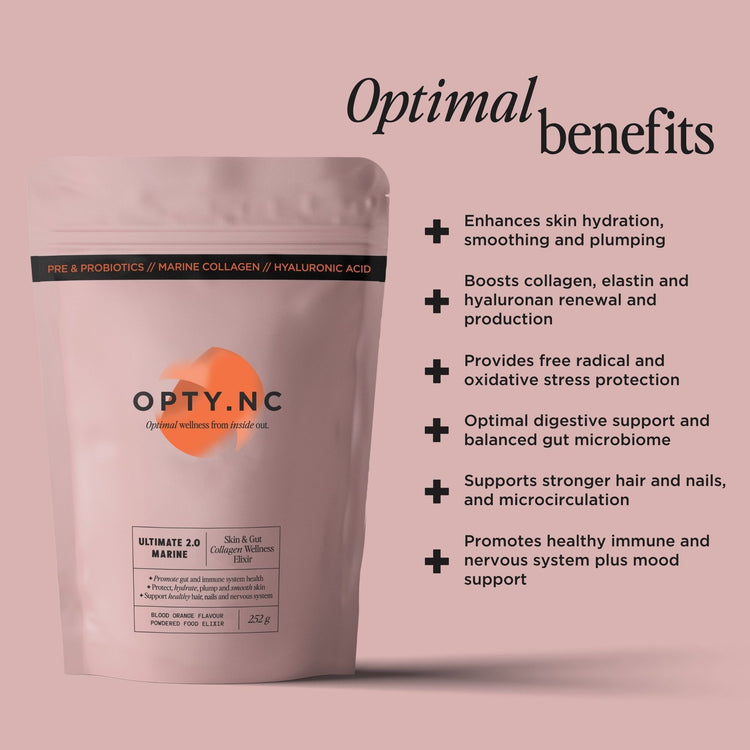
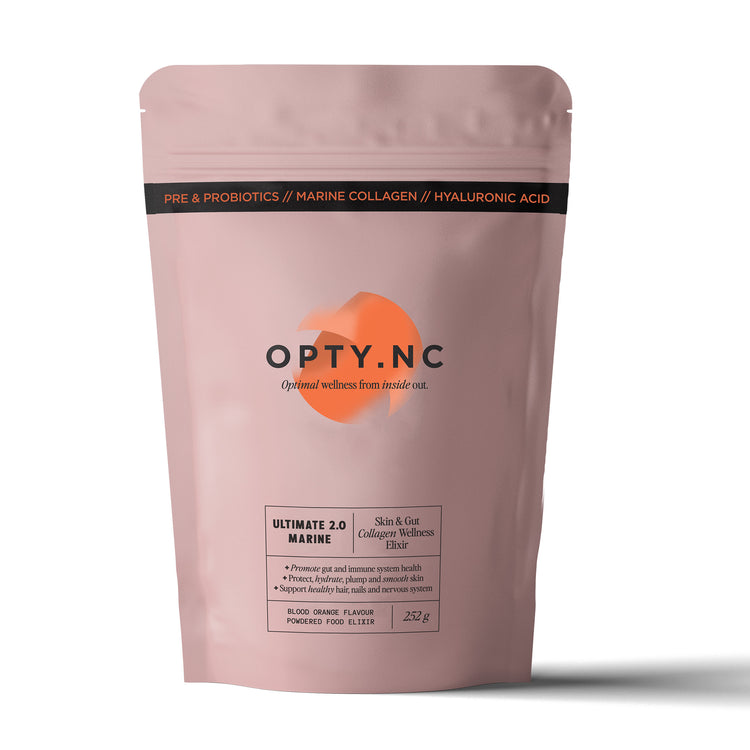
1 comment
Thank you – this is really comprhensive